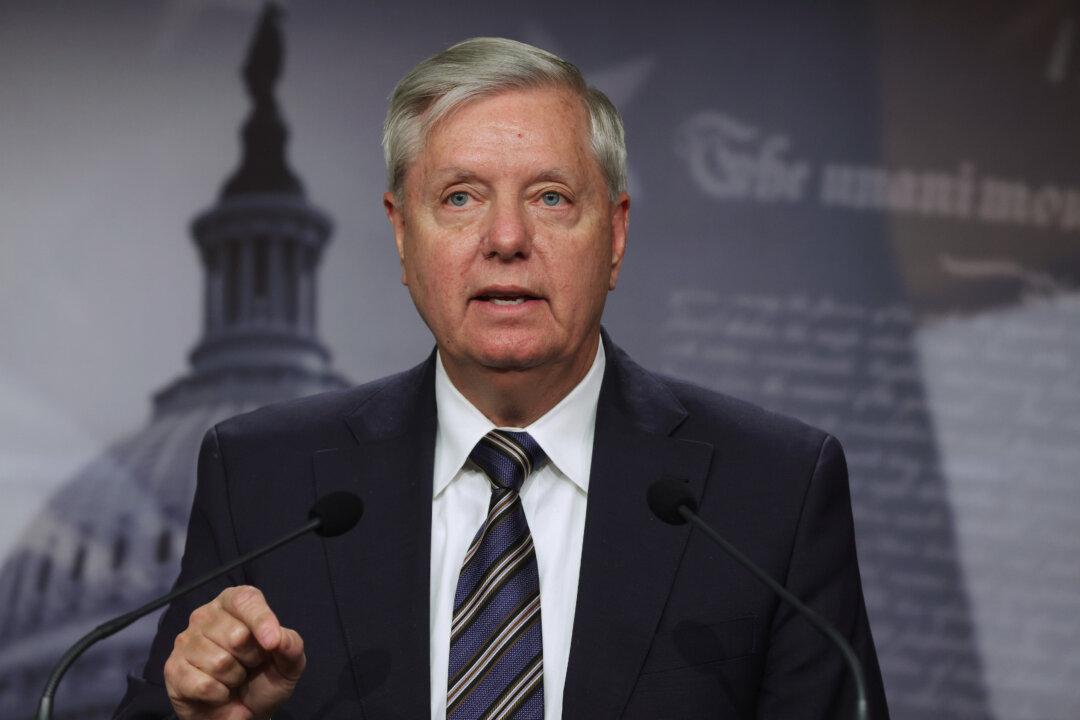Sen. Rick Scott (R-Fla.) introduced a bill on Wednesday that would ban the Transportation Security Administration (TSA) from asking passengers traveling on domestic flights to show proof of vaccination.
The bill, known as the Freedom to Fly Act, would prevent the regulator from implementing any policies that allow TSA staff to ask domestic passengers for information relating to their vaccination status.




